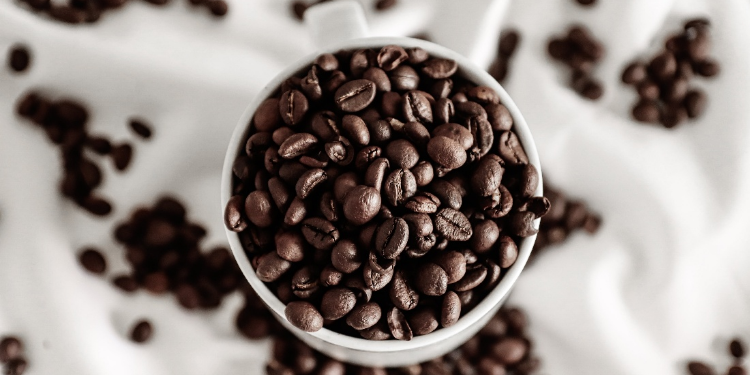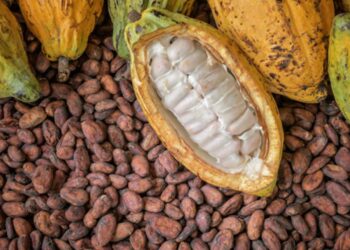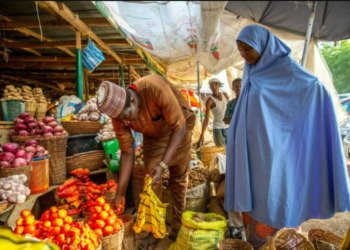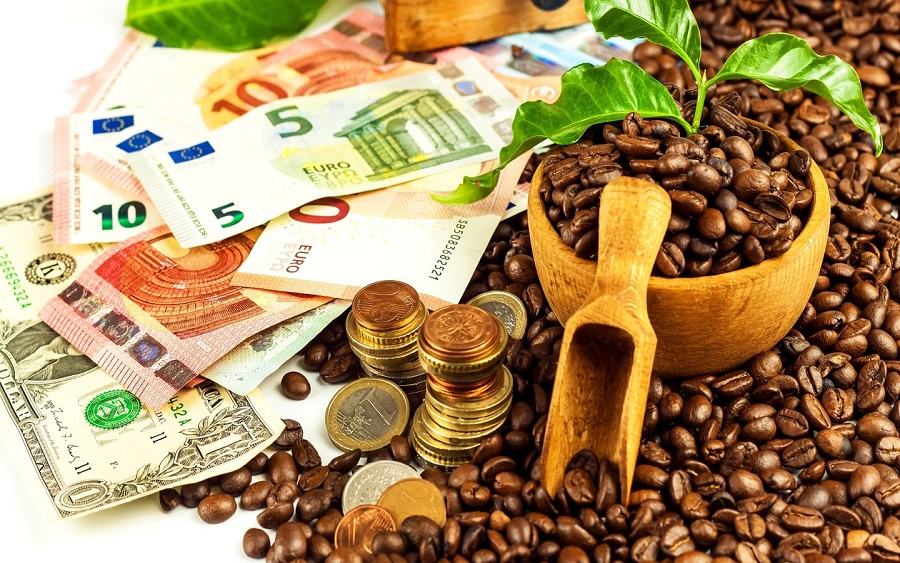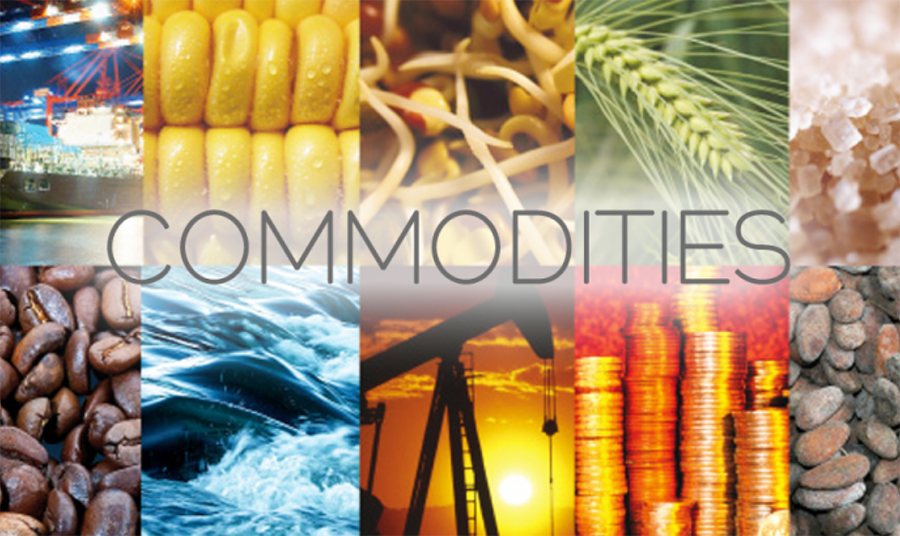European Union’s upcoming legislation, the EU Deforestation Regulation (EUDR), set to be enforced in late 2024, is already influencing the coffee import landscape.
This regulation mandates that products like coffee, cocoa, soy, and others must not originate from deforested areas, posing a significant compliance challenge for importers.
In anticipation of these rules, some EU importers are reducing their coffee purchases from small-scale African farmers, notably in Ethiopia, where coffee farming is a crucial livelihood for around 5 million families.
According to Reuters, who first reported the story, this shift in sourcing strategies could lead to increased poverty among small-scale farmers and higher prices for consumers in the EU. Additionally, it might unintentionally undermine the EUDR’s goals of forest conservation.
What they are saying
Johannes Dengler from Dallmayr, a German coffee roaster, who spoke to Reuters, expressed concerns about the feasibility of sourcing significant quantities of Ethiopian coffee under these new regulations.
- Similarly, coffee giant JDE Peets indicated the potential need to cut off smaller producing countries from their supply chain if compliance solutions are not found soon.
- The EU Commission has also pledged support to help producers and smallholders comply, including a 70 million euros initiative announced at COP28.
- However, implementing the EUDR poses practical challenges, such as digitally mapping vast supply chains and dealing with issues like internet connectivity, land rights disputes, and local conflicts in producer countries.
Some major companies plan to segregate their supply chains, redirecting non-compliant materials to non-EU markets and keeping compliant goods for the EU.
- This approach, however, might reduce the EUDR’s effectiveness in curbing deforestation, as non-compliant goods would still be produced, just not for the EU market.
- The regulation is also expected to increase food prices in the EU due to higher compliance costs. Two of the world’s largest coffee traders, Sucafina and Louis Dreyfus Company, have already incorporated an EUDR premium in future sales contracts.
What this means for African Countries
The EUDR poses a significant challenge in major cocoa-producing countries like Ivory Coast, where a large portion of the crop is sold through local intermediaries, making traceability difficult.
- The EU’s insistence on compliance, coupled with local supply chain complexities, raises concerns about potential social unrest and the need for major funding and support for sustainable transitions.
- While the EUDR aims to combat deforestation and climate change, its implementation is complex and has far-reaching implications for global commodity markets, particularly for small-scale farmers in developing countries.
- The EU’s efforts to support compliance and balance environmental goals with economic realities will be crucial in the coming years.

